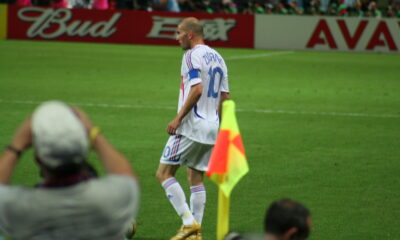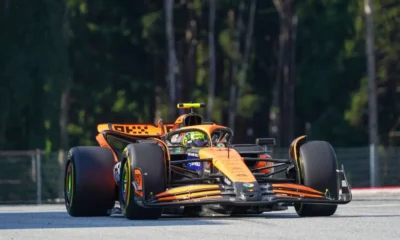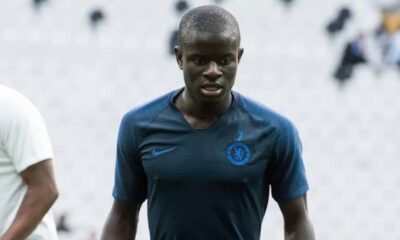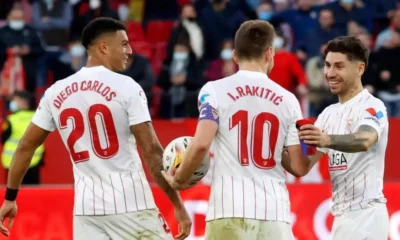Bundesliga
Wolfburg and the 2009 title: ‘Džeko and Grafite entertained the whole of Europe. The great Misimovic remained in the background, Šimůnek also played a part
It was the 2008/09 season, Wolfsburg’s twelfth season in the top German league. After a historically successful previous season, few could have imagined what was yet to come. Coach Felix Magath had put together a great team and his attacking duo in particular had entertained the whole of Europe.
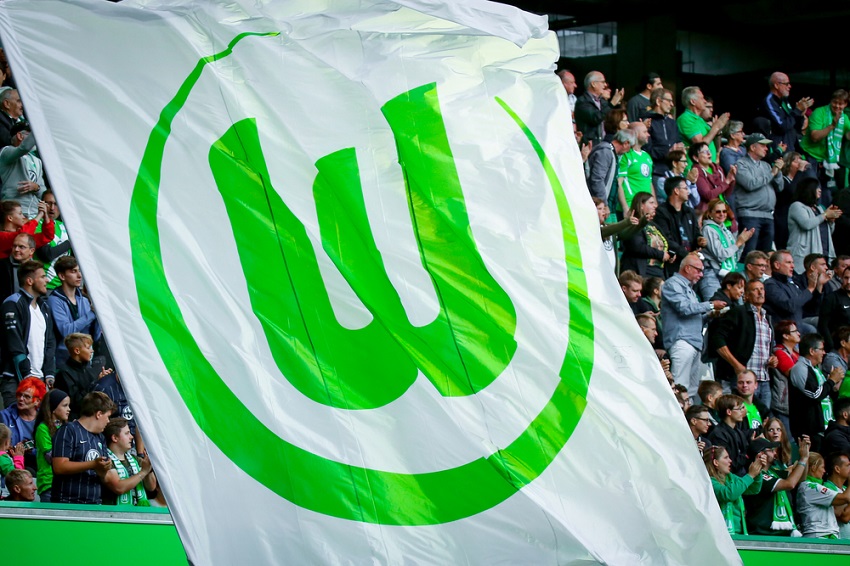
It was the 2008/09 season, Wolfsburg’s twelfth season in the top German league. After a historically successful previous season, few could have imagined what was yet to come. Coach Felix Magath had put together a great team and his attacking duo in particular had entertained the whole of Europe.
Today, Wolfburg is seen as a fairly traditional participant in the German Bundesliga. Its fan base may not be among the biggest and best, but the club’s facilities and the overall level of infrastructure there are impressive.
However, this was not the case until relatively recently. After all, it has only been among the German elite since 1997. He is gradually building his place and definitely wants to be one of the best that German football has to offer.
The club’s reputation was boosted in particular by 2009 and the entire 2008/09 season. Something happened that no one expected. Not even the most optimistic Saxon fans. But the foundations had been laid a year earlier.
Wolfburg and the crucial year 2007
Die Wölfe have had both good and bad seasons since their promotion to the elite. They had a successful era at the turn of the millennium, when they claimed sixth and seventh place. This was followed by seasons with a quiet mid-table finish, only to see the club worry about staying in the Bundesliga from 2005 to 2007.
A change had to be made and so it was. It started with the position of coach. Felix Magath, who at the time had already won two titles with Bayern Munich, took over. He had also won the German Cup twice and the Super Cup once. Before signing at Wolfsburg, he had been free for over six months just after finishing at Bayern.
Magath, however, did not only fulfil the role of coach. He also secured the post of sporting director and so no one could interfere with his choice of players. Or rather, he could, but it was no use. After all, if there is one thing that the German was famous for as a coach, it is certainly not a lack of authority or a willingness to compromise. Many players know that.
Right after his arrival, Magath started making big changes. Edin Džeko arrived from Teplice, the unknown Brazilian Grafite arrived from Le Mans, defender Jan Šimůnek arrived from Sparta Prague, defensive midfielder Josué signed for a song from Sao Paulo and left back Marcel Schäfer arrived from Munich 1860. Goalkeeper Diego Benaglio and Makoto Hasebe were also brought in.
In total, the German coach brought in 16 players in his first season. A similar number of them packed up for a change. Many people could have knocked their foreheads, but during the 2007/08 season it was evident how well Magath did in the transfer market.
Wolfburg actually went on to have their best season ever, finishing fifth in the Bundesliga and managing to put together a very interesting team. The defence was creaking, but the attack was better than only two teams in the league – Bayern first and Bremen second.
Slight changes even before the historic season
Felix Magath had already put together the vast majority of the starting eleven to his liking, but he was still missing some details. For example, to improve the rather unstable and unreliable defence. That’s why the stopper Andrea Barzagli is heading to Wolfburg.
In addition, the German coach realized that it would be useful to improve the support of his two attacking stars a bit more and so he brought Zvjezdan Misimovic, whom he knew from Bayern and who had already had successful seasons at Bochum and Nuremberg. And it was his arrival that was one of the most crucial for the historic year that was to come.
But Misimovic didn’t just arrive. Wolfburg had to cope with the departure of offensive midfielder Marcelinho Paraíba, who at the age of 33 left for his native Brazil, where he still played for several years.
Wolfsburg and the road to the title
As is widely known, the sovereign best team in Germany is Bayern. When people talk about who will win the Bundesliga, the Bavarian giant is mentioned in the first row, perhaps Dortmund in the second row, but more teams have been able to surprise before. But back then, Wolfsburg was definitely not on the table.
Maybe that was one of the important factors. Even after a great fifth place, nothing was expected from Wolfburg. Apart from the pressure that the uncompromising and demanding Magath was putting on his players, the players could have been at ease.
Magath, however, ordered his charges to play offensive football and it was evident in the statistics of the biggest offensive stars of his team. When the season ended and Wolfsburg won the title, Die Wölfe had the best attack in the league – they had scored 80 goals, 9 more than second-placed Bayern.
And offensively the Wolves played in all competitions. The most productive was only 22-year-old Edin Džeko, who scored 36 goals and added 12 assists in 42 games. His older teammate Grafite was only slightly worse – 31 games, 35 goals, 10 assists.
And remember the aforementioned Misimovic? He surpassed all expectations, became the main director of the offense, although he remained in the shadow of the aforementioned duo. The Bayern graduate scored 11 goals and added an incredible 27 assists. A phenomenal number.
In addition, Magath demanded a lot of offensive support from his backs, for example, Schäfer collected 12 assists from the left defence. Bringing in defender Barzagli also served its purpose, he was the second busiest player in the entire lineup.
Jan Šimůnek was also a big part of the title, although he was not a regular member of the starting eleven, he was the twelfth busiest player and only just the third busiest stopper overall.
Wolfburg entertained Europe, the drama was until the end
When Wolfburg won the title, they had 69 points. It was the lowest points total for a league winner since 2001. And not once since then has the German champion been below 70 points. This is an interesting anomaly.
Wolfburg had a good season, but Bayern were not so dominant then and were unusually badly behind by today’s standards. They finished two points behind Wolfburg. It was a drama right to the end.
In addition, Bayern had a good end to the season, while Wolfsburg fell to third-placed Stuttgart with four rounds to go. The second match between Wolfburg and Bayern was a big factor. Die Wölfe came out in style and destroyed their rivals 5-1.
It was in that match that the now legendary goal by Grafite was scored. It was the match of the 26th round. If Wolfsburg had lost then, the situation in the table at the end of the season could have been completely different. But that’s what football is all about. Every game can be crucial, even though it may not look like it at the time.
Wolfsburg thus produced one of the most spectacular football tales of this millennium. It’s worth noting, then, that for Magath it was the last trophy of his career, and that apart from Džeko and Barzagli, who went on to collect trophies at Juventus, no one was able to fully follow up his lifetime season in the next few years.
Source: VfL Wolfsburg, Transfermarkt, Bundesliga

-
Bundesliga7 days ago
Leverkusen on the hunt again! The German champion is luring the former Liverpool star to his side. Stoper Matip is now without a contract
-
Motorsport7 days ago
Red flags and two bad accidents. McLaren dominated F1 qualifying in Hungary, Verstappen again on the second row
-
Football6 days ago
Will Soucek have a star competitor? West Ham are very interested in Kanté
-
Football6 days ago
A title run? Rakitic will play in his homeland for the first time, he will meet another Croatian player in Hajduk Split








